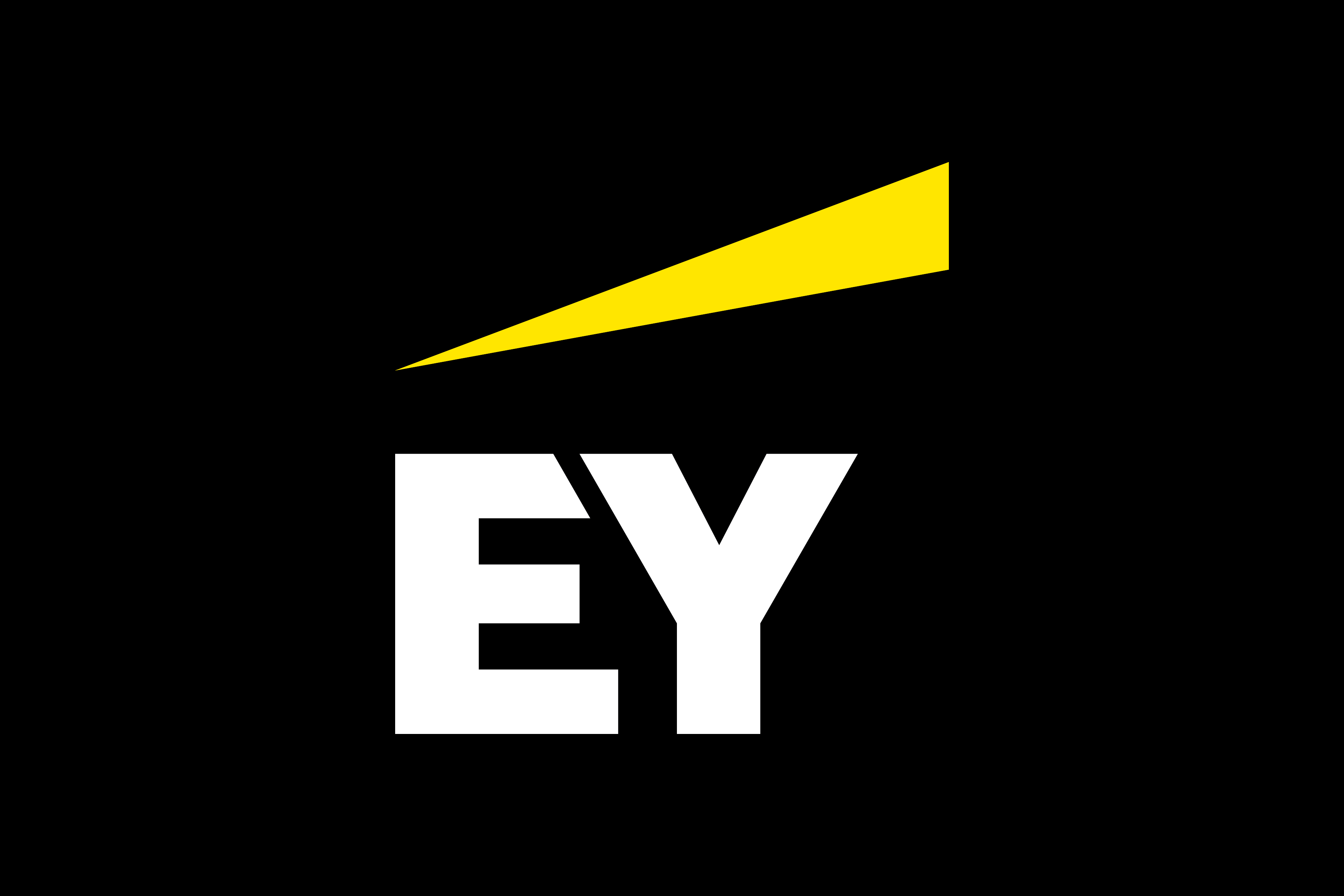Hi everyone. I'm a German freelance, who thinks about moving to Portugal for family reasons. I do coaching and create courses, I have to pay Vat on. I read about NHR, but due to social security payments, which I think are around 30%,this does not make sense.
I understand having a biz in the EU, pay low wage (for me) and as much as possible in dividends, are the way to choose, bc
1) companies only pay flat (150 euros or so) in social security per month
2) only wages are taxed
3) dividends are not.
Questions:
1) Is this correct?
2) If not, which other way do you suggest?
3) If yes, which country / way of doing so you recommend and why (eg Malta, Georgia, Rumania?)
4) Is there anything to consider in Germany (as I am a freelance, I don't have a company, but I do own 10% of a flat, I don't live in).
Thank you so much, folks.
Anna
I understand having a biz in the EU, pay low wage (for me) and as much as possible in dividends, are the way to choose, bc
1) companies only pay flat (150 euros or so) in social security per month
2) only wages are taxed
3) dividends are not.
Questions:
1) Is this correct?
2) If not, which other way do you suggest?
3) If yes, which country / way of doing so you recommend and why (eg Malta, Georgia, Rumania?)
4) Is there anything to consider in Germany (as I am a freelance, I don't have a company, but I do own 10% of a flat, I don't live in).
Thank you so much, folks.
Anna








